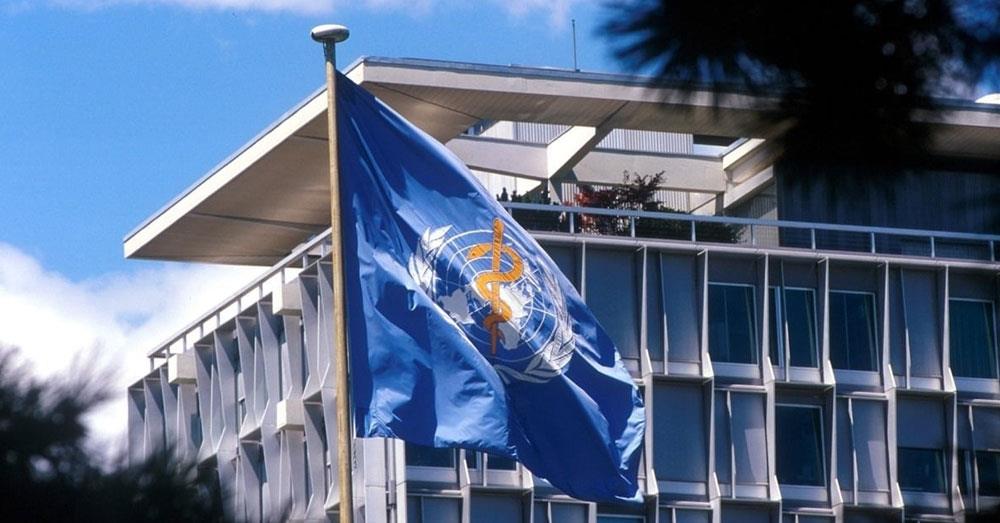GENEVA, Nov 30 (CNA) - The head of the World Health Organization (WHO) voiced concern on Tuesday (Nov 30) that some states are introducing blanket measures aimed at the Omicron coronavirus variant that he said were "not evidence-based or effective on their own" and were penalising southern African countries that reported the strain so quickly.
Tedros Adhanom Ghebreyesus, in a speech to the WHO's 194 member states, urged them to take "rational, proportional risk-reduction measures" in keeping with the agency's 2005 International Health Regulations.
"We still have more questions than answers about the effect of Omicron on transmission, severity of disease, and the effectiveness of tests, therapeutics and vaccines," said Tedros.
First reported to the WHO in southern Africa less than a week ago, the new strain has rapidly spread across continents, with dozens of countries announcing travel restrictions.
The UN health agency has cautioned against such restrictions, fearing that blocking travel from countries where new variants are first spotted could be unfair and dissuade surveillance.
"I thank Botswana and South Africa for detecting, sequencing and reporting this variant so rapidly," Tedros said, adding that it was "deeply concerning to me that those countries are now being penalised by others for doing the right thing."
Scientists in South Africa said they had detected the new variant with at least 10 mutations, and WHO has cautioned that it poses a "very high" risk globally.
At the same time, Tedros stressed that it remains unclear how dangerous the variant is.
The WHO chief said it was understandable that countries wanted to protect their citizens "against a variant that we don't yet fully understand".
"But I am equally concerned that several member states are introducing blunt, blanket measures that are not evidence-based or effective on their own, and which will only worsen inequities."
Tedros also highlighted the glaring vaccine inequity that has seen abundant supplies in wealthy countries, which are rolling out booster shots, as even many of the most vulnerable in poorer nations are still waiting for their first jabs.
Health experts have long warned that allowing COVID-19 to spread unabated in some places dramatically increases the chances that new, more dangerous variants could emerge, placing the entire world at risk.
"The longer we allow the pandemic to drag on, by failing to address vaccine inequity, or to implement public health and social measures in a tailored and consistent way, the more opportunity we give this virus to mutate in ways we cannot predict or prevent," Tedros said.


